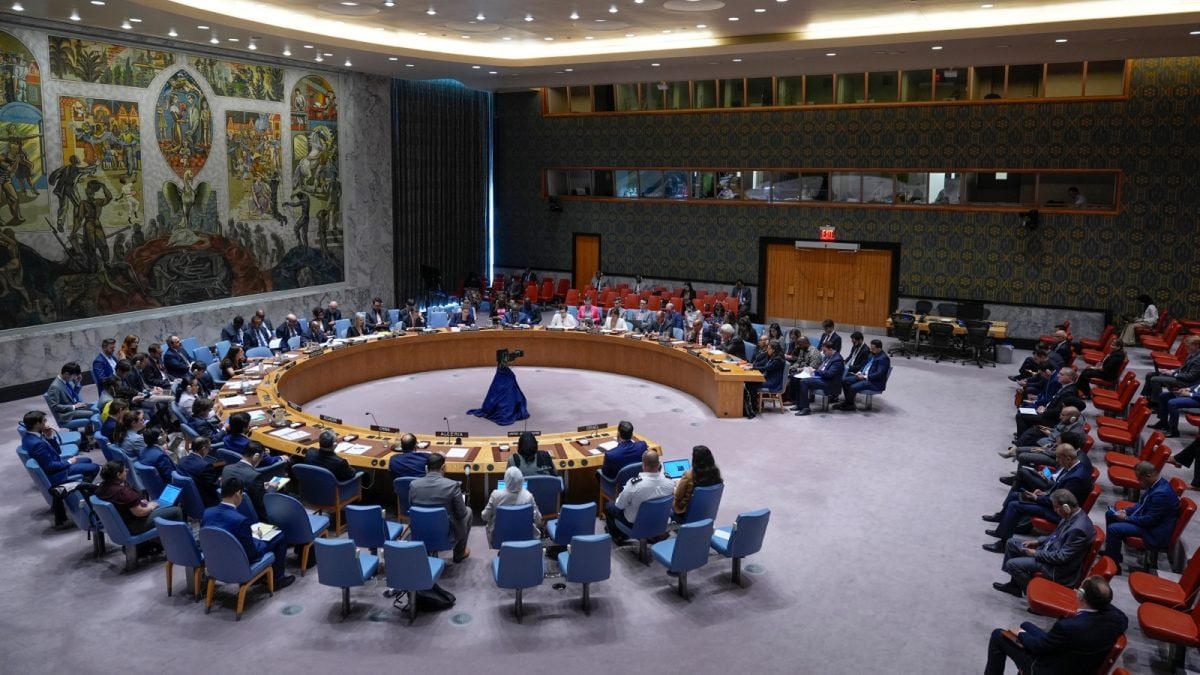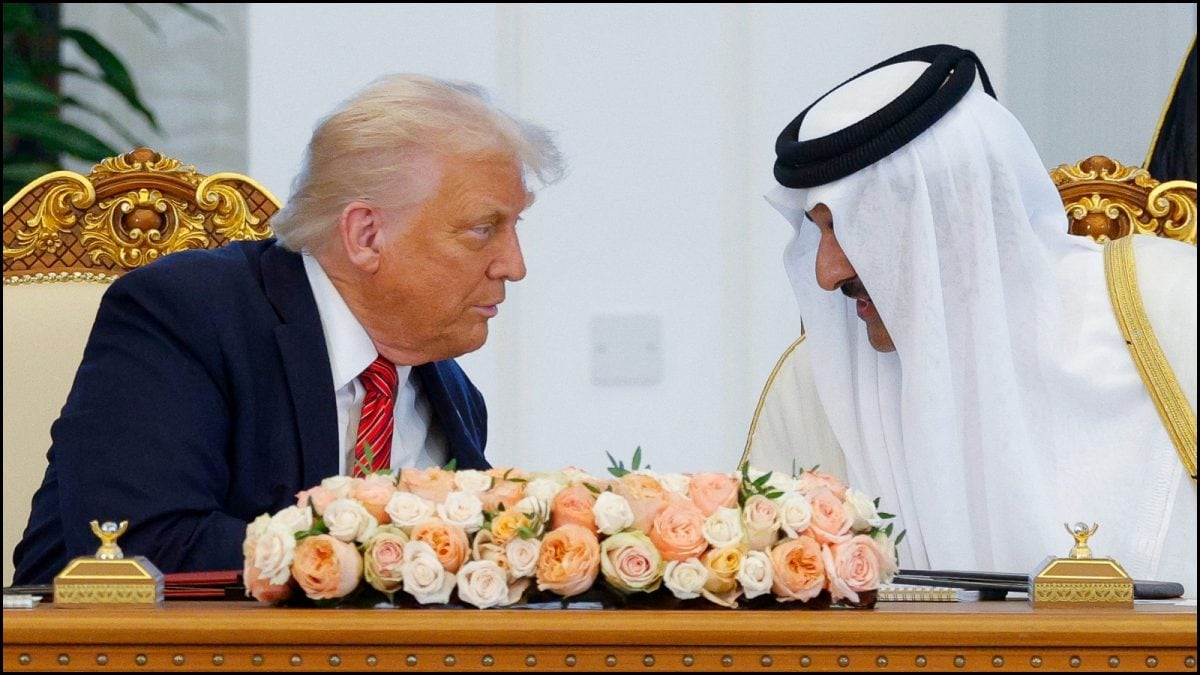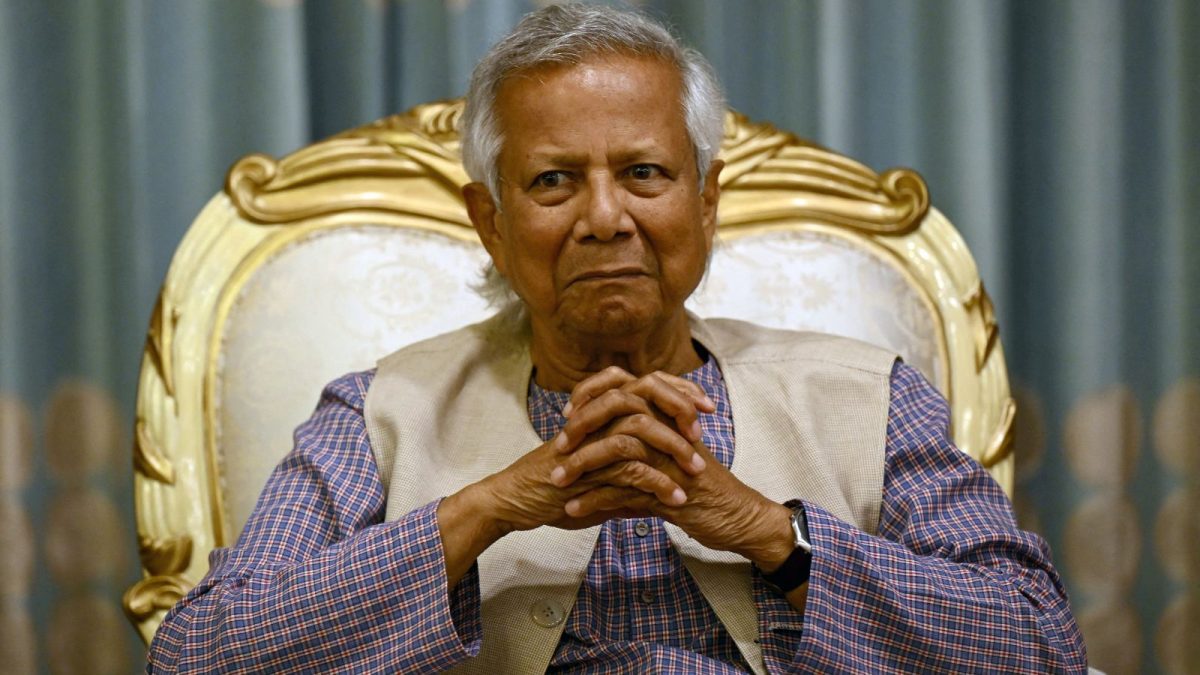Last Updated:April 16, 2025, 12:36 IST
Scientists used a sperm-injecting robot for artificial reproduction, leading to the birth of the first child conceived with robotic aid. This AI-driven IVF method was performed in Mexico while being monitored remotely by specialists in Hudson, New York

The system uses AI to select optimal sperm and assess viable embryos. Key steps, such as immobilising sperm and injecting it into the egg, are controlled remotely by humans. (AI Generated)
Scientists have successfully employed a sperm-injecting robot in the process of artificial reproduction, leading to the birth of the world’s first child conceived with the aid of a robot. This ground-breaking event involved inseminating a 40-year-old woman through the use of artificial intelligence (AI) in a method known as In Vitro Fertilisation (IVF), yielding remarkable results.
Researchers claim this advancement will standardise the intricate process of fertilisation, potentially increasing the success rate of certain types of IVF in the future.
In the IVF process, the father’s sperm is artificially combined with the mother’s egg to facilitate fertilisation, which may not occur naturally for various reasons. Couples facing such challenges often turn to the IVF method, which includes several embryo creation techniques, one of which is the ICSI method.
Intracytoplasmic Sperm Injection (ICSI)
According to a report by Live Science, in the process called intracytoplasmic sperm injection (ICSI), a single sperm is injected directly into an egg, a method particularly useful for addressing male infertility. The procedure was performed by machines in Guadalajara, Mexico while being monitored remotely by specialists in Hudson, New York.
They fertilised five eggs using the automated ICSI technique. This experiment proved highly successful, with four out of five eggs developing into embryos. While the first embryo did not implant successfully, the second attempt resulted in the woman giving birth to a son, making history with this revolutionary approach.
Limitations of the ICSI Technique
The ICSI technique can fail due to human errors, requiring the embryologist to operate a microinjection system with great skill, resulting in variable outcomes. Dr Erkan Buyuk, an expert not involved in the research, noted that automation in embryology labs would be highly beneficial, as ICSI is a labour-intensive process.
Automating ICSI can reduce mechanical resistance against the egg membrane, lowering the risk of egg damage.

Technological Advancements in ICSI
Jacques Cohen and his team from the New York-based biotech company Conceivable Life Sciences have developed this specialised machine that performs the ICSI process in 23 precise steps.
This machine, an AI-powered robot, achieves results with the push of a button, representing a significant technological breakthrough in IVF. Alejandro Chavez-Badiola, co-founder and Chief Medical Officer of Conceivable, noted how standardising ICSI can reduce human error and egg degeneration.
The system uses AI to select optimal sperm and assess viable embryos. Key steps, such as immobilising sperm and injecting it into the egg, are controlled remotely by humans. While the automated process takes longer, it successfully fertilised four out of five eggs in the trial.
Future Prospects
According to the Live Science report, the team is working to improve the system. Further studies are needed to ensure safety and effectiveness. Dr Emily Jungheim highlighted that such technological advancements could make IVF more accessible and scalable. Chavez-Badiola envisions end-to-end automation of ICSI, which would still involve human oversight.
This breakthrough in automated ICSI has the potential to reduce costs, improve access, and help more families.
Location :New York, United States of America (USA)
First Published:April 16, 2025, 12:36 IST
News world World's First AI+IVF Baby Is Here. What This Means For The Future Of Fertility

 4 weeks ago
4 weeks ago

















